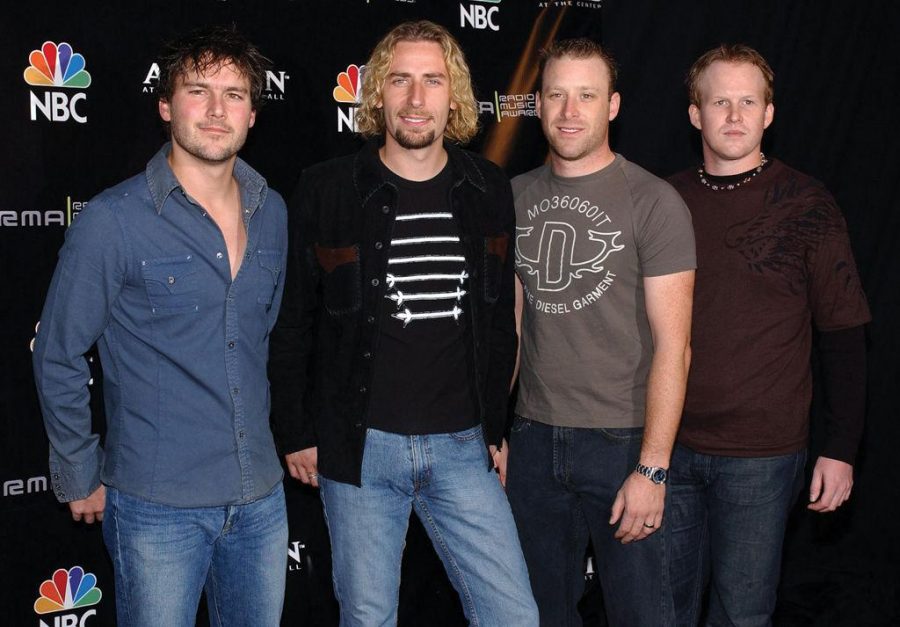Correlation: What your playlists say about your intelligence
November 23, 2014
Nickelback, Lil Wayne and Kenny Chesney fans may want to turn down the music, at least while studying, suggests new data from a California Institute of Technology software designer.
Virgil Griffith, a software writer who reached semi-infamy in the hacking world when he hacked the online education system BlackBoard in 2003, said there is a correlation between music preferences and SAT scores. Griffith looked at the most popular types of music at different universities around the nation, using data from Facebook, and then looked at the average SAT scores of that university and compared the results. Griffith assembled his findings in a chart he made when he was a graduate student at CalTech.
A correlation is a relationship between two variables, such as music and intelligence. Causation means that one variable changes as a result of the other variable. However, correlation does not imply causation, something Griffith said he wanted to make clear.
Griffith said the primarily negative reactions he received to the chart online surprised him. He said many people accused him of implying a causal relationship between music tastes and SAT scores and also questioned whether SAT scores are the best measure of a student’s intelligence.
“If you accept the SAT is a good measure of intelligence, then you can discuss really what it means for there to be a correlation between the average intelligence at a college and the most popular music at that college,” Griffith said.
Artists such as Lil Wayne, Beyoncé and Jay-Z were correlated with lower SAT scores, while Beethoven was at the higher end. Most artists, such as Jimi Hendrix, Kanye West and Rage Against the Machine, were toward the middle of the graph, correlating with an SAT score between 996 and 1156.
The graph also mapped genres of music. Overall, jazz and classical music fans often had lower SAT scores than classic rock lovers. Rock, country, R&B and rap showed similar scores between 900 and 1000.
Tyler Jeavons, a sophomore majoring in finance, said he prefers alternative music but his tastes also include music on the other side of the spectrum, like country.
“Most people listen to lots of artists and can’t be defined by just one or two artists,” Jeavons said.
Jeavons said he interprets the data to be more related to a person’s social surroundings and socioeconomic status.
“So many people listen to so many different types that you can’t really correlate [music tastes with intelligence levels]” Jeavons said. “You’re gonna listen to what your friends listen to and if you’re in a white suburban neighborhood, it might end up being Jay-Z, but most likely not.”
David Panasiuk, owner of Dave’s Music Mine on East Carson Street in South Side, said he couldn’t imagine one of his customers making a music selection based on the idea that it would help or hinder their intelligence.
“You would never hear someone say, ‘Oh that reggae album made me so smart.’ I don’t know of any relation between type of music and how smart someone is,” Panasiuk said.
The one exception to this would be a mother or soon-to-be-mother shopping for classical music.
“A lot of mothers or pregnant women come in to buy classical music for their kids. They say they want to get their kids started early,” Panasiuk said.
A study published in the January 2011 Journal of Behavioral Decision Making showed that those who listen to classical music were typically more intelligent as children than those who listened to other music. The researchers theorized that this may be because classical music is entirely instrumental and was “evolutionarily novel” when humans first invented instruments.
Panasiuk said he couldn’t pick a genre that was most popular for his store because customers bought a little bit of everything.
“You’ll get just as many people buying a Beatles record as a Nas CD. And just as much reggae and jazz. There really is no trend,” Panasiuk said.



